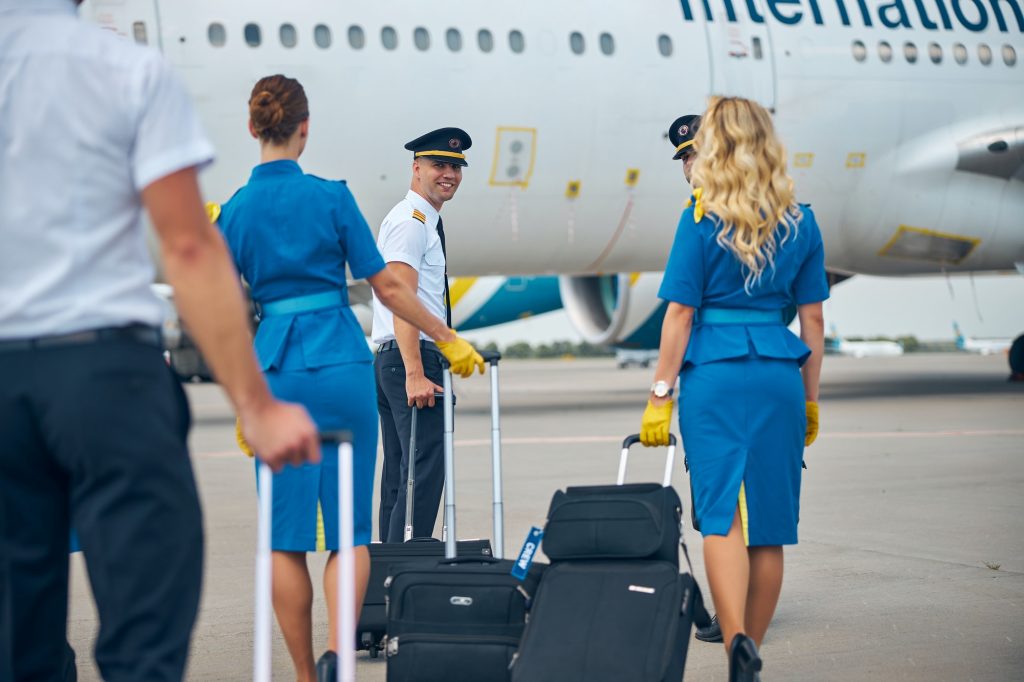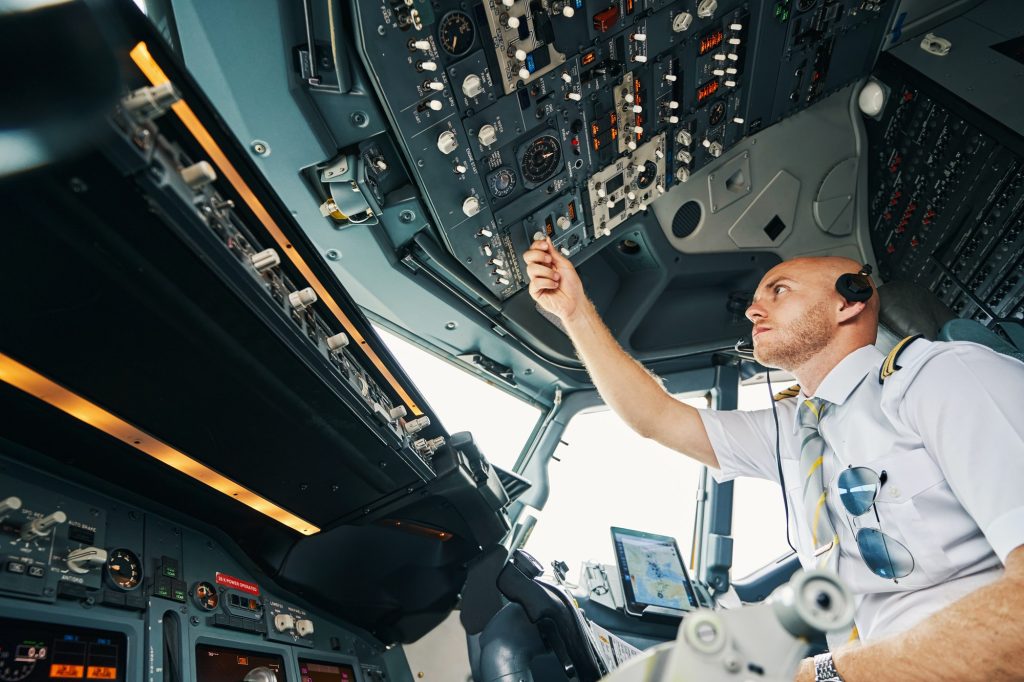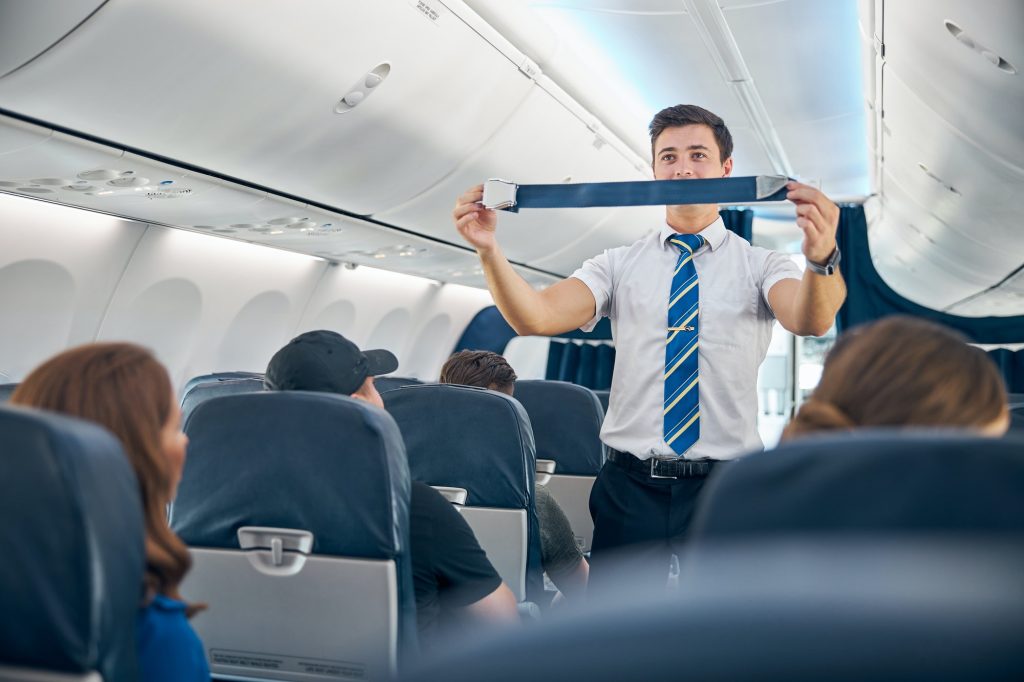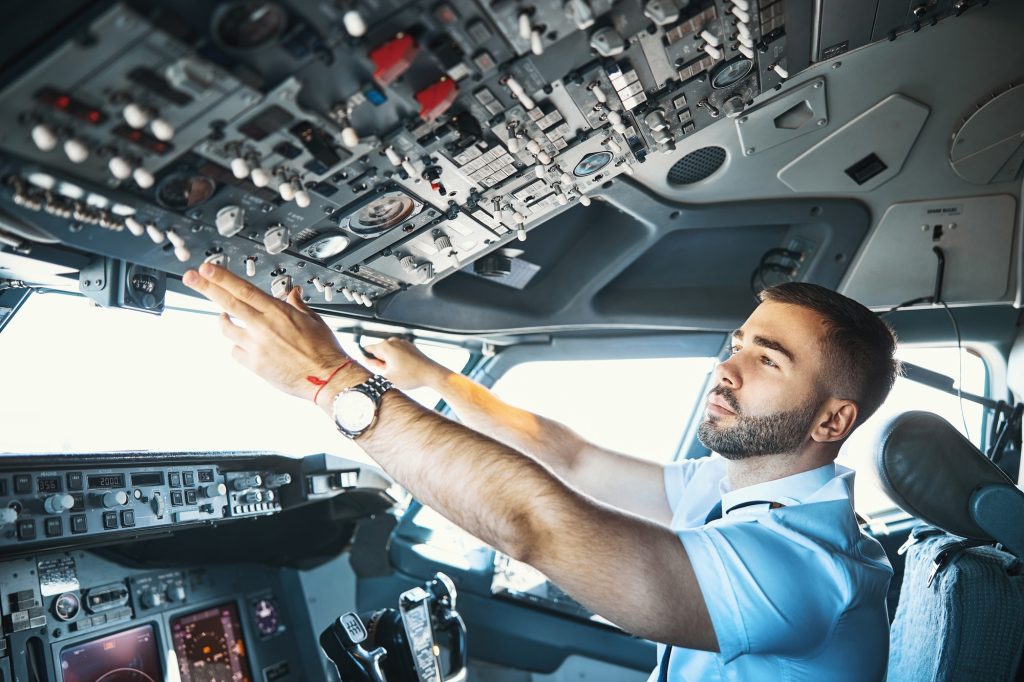- 2131 Airport Drive, Green Bay, WI 54313
- support@aviateflightschool.com
- Opening : Mon-Fri 9:00am - 8:00pm
Top 5 reasons why every pilot needs to journal

Journaling is a powerful tool that can elevate a pilot’s skills, mindset, and career. Beyond simply logging flight hours, maintaining a detailed journal offers unique benefits that foster growth, safety, and personal development. Here are the top five reasons every pilot should make journaling a habit.
Top 5 Reasons Every Pilot Should Journal
1. Enhances Self-Reflection and Learning
A journal allows pilots to reflect on each flight, capturing what went well and what could be improved. By documenting specific maneuvers, weather challenges, or decision-making moments, pilots can identify patterns in their performance and set targeted goals for improvement. This reflective practice accelerates learning, helping pilots refine their skills and avoid repeating mistakes.
2. Improves Situational Awareness
Writing about flights encourages pilots to revisit critical details, such as air traffic control communications, cockpit flow, or unexpected events. This process sharpens situational awareness by reinforcing the importance of staying vigilant and prepared. Over time, journaling trains pilots to notice and process more information during flights, enhancing their ability to handle complex scenarios.
3. Tracks Progress and Milestones
A journal serves as a personal record of a pilot’s journey, from their first solo flight to earning advanced certifications. Documenting milestones, such as mastering a new aircraft or completing a challenging cross-country flight, boosts confidence and motivation. It also provides a tangible way to track progress toward long-term goals, whether pursuing a commercial license or simply becoming a more proficient recreational pilot.
4. Strengthens Decision-Making Skills
Aviation demands sound decision-making under pressure. Journaling about in-flight choices—such as diverting due to weather or managing a system malfunction—helps pilots analyze their thought processes and outcomes. By reviewing these entries, pilots can refine their judgment, build confidence in their decisions, and develop a more disciplined approach to risk management.
5. Preserves Memories and Stories
Flying is filled with unforgettable moments, from breathtaking views to shared experiences with instructors and passengers. A journal captures these stories, preserving the joy and passion of aviation. Beyond technical details, pilots can record personal reflections, creating a meaningful keepsake that celebrates their unique journey in the skies.
Conclusion
Journaling is more than a habit—it’s a transformative practice that empowers pilots to grow, stay sharp, and cherish their aviation experiences. Whether you’re a student pilot or a seasoned aviator, keeping a journal will enhance your skills, deepen your connection to flying, and document a journey worth remembering. Start journaling today and watch your wings soar to new heights.




